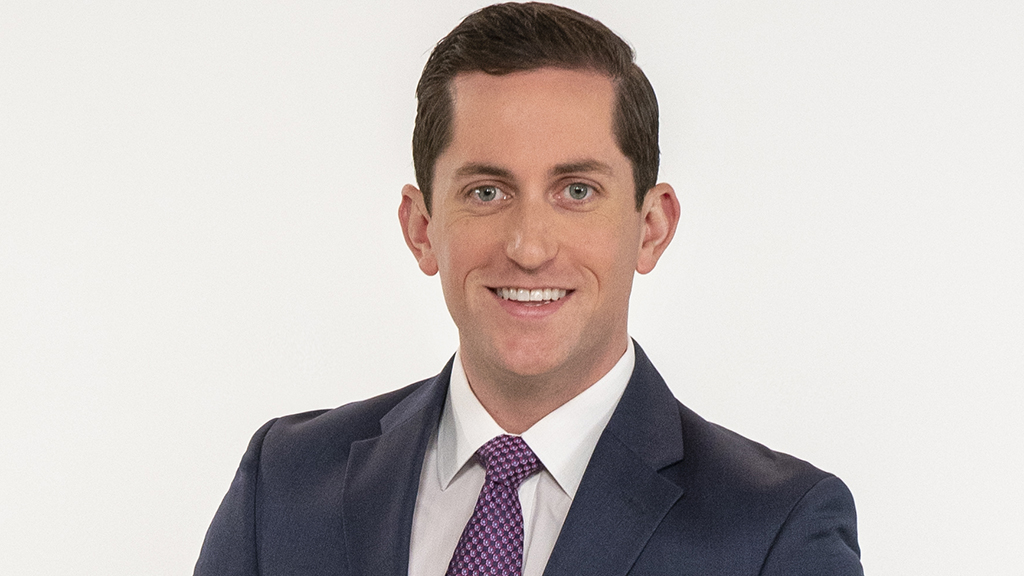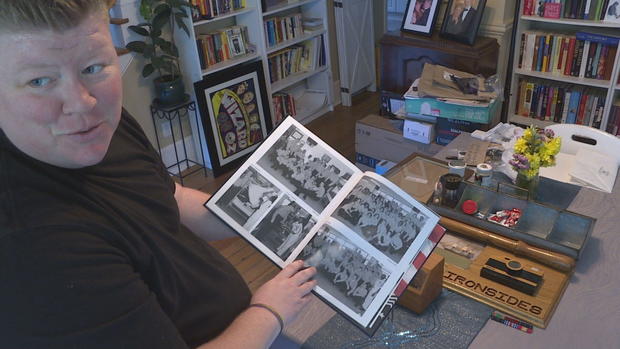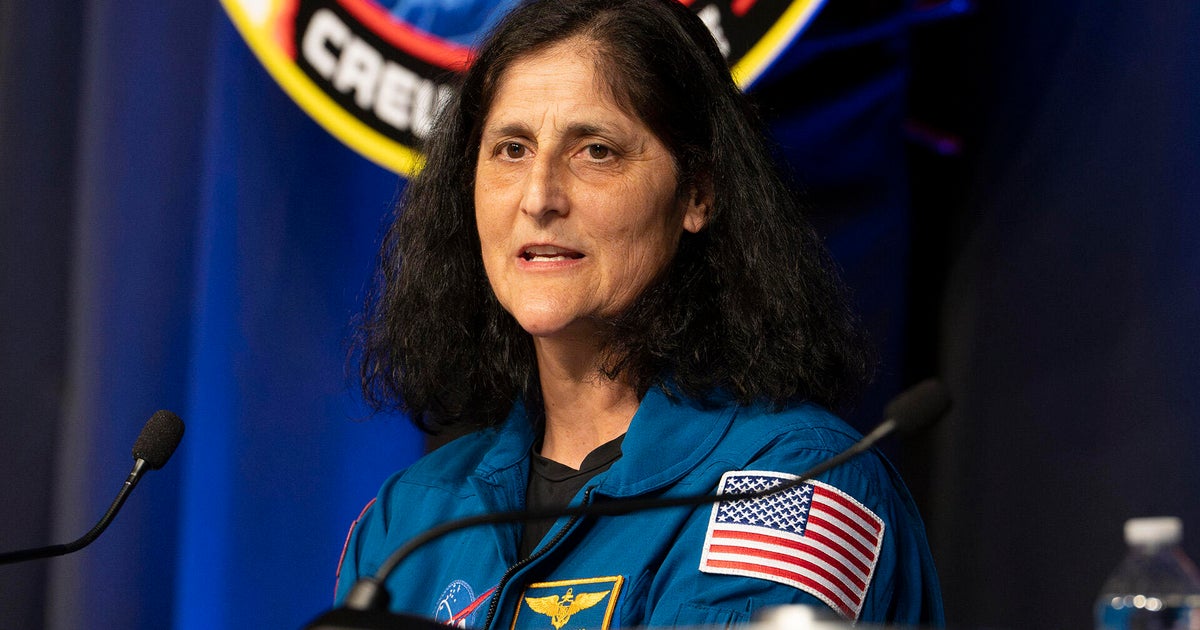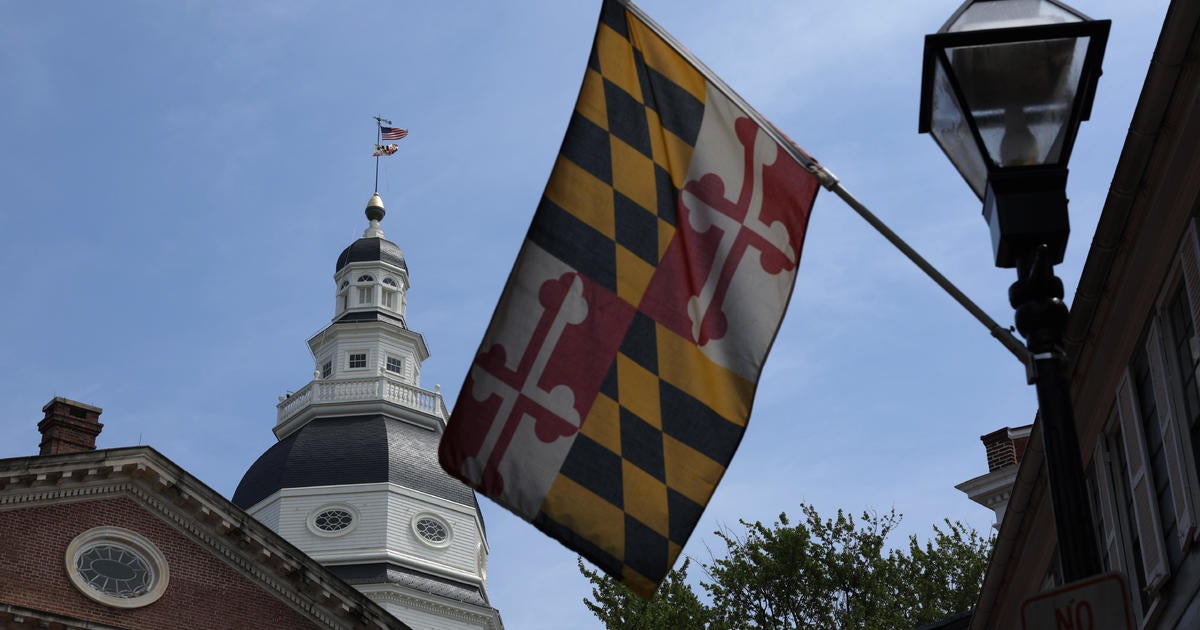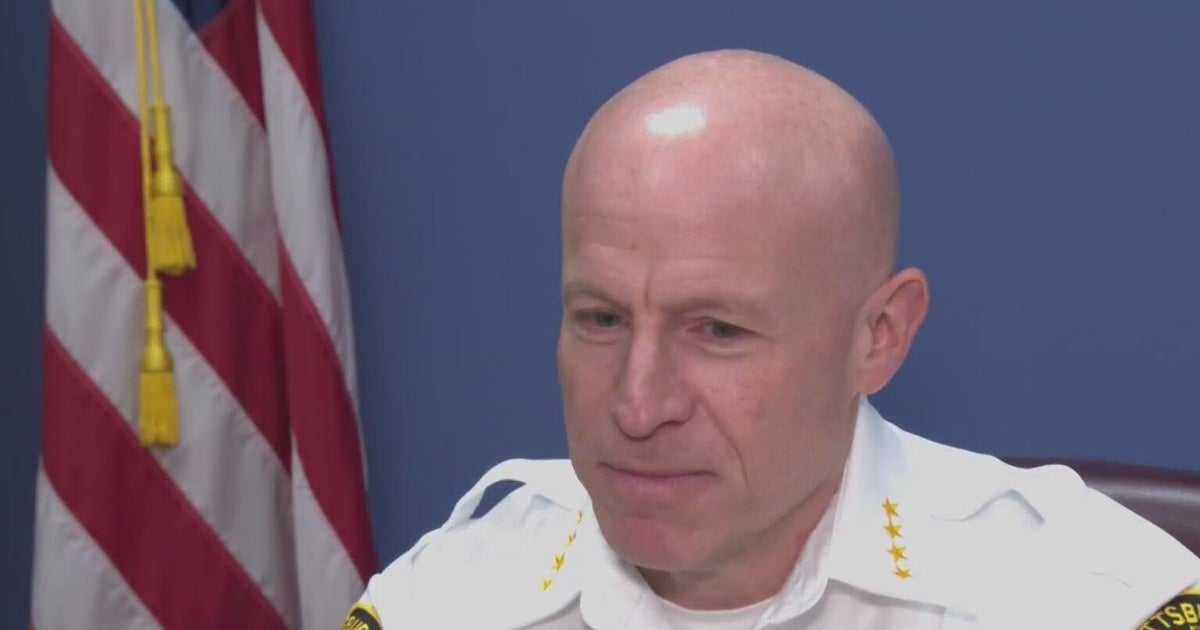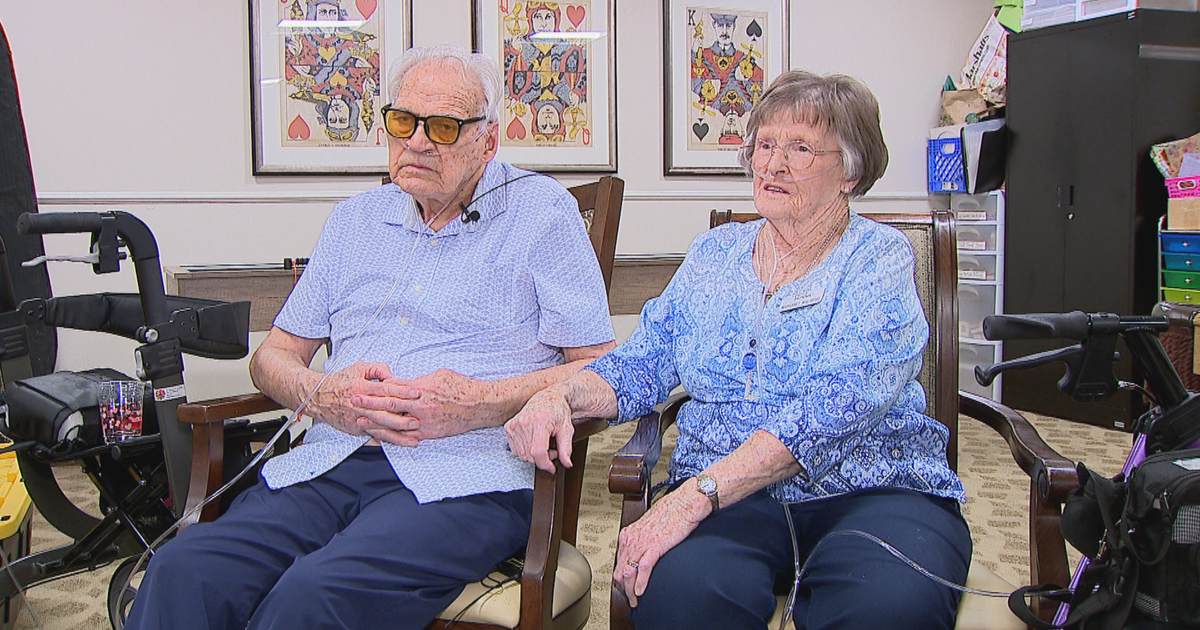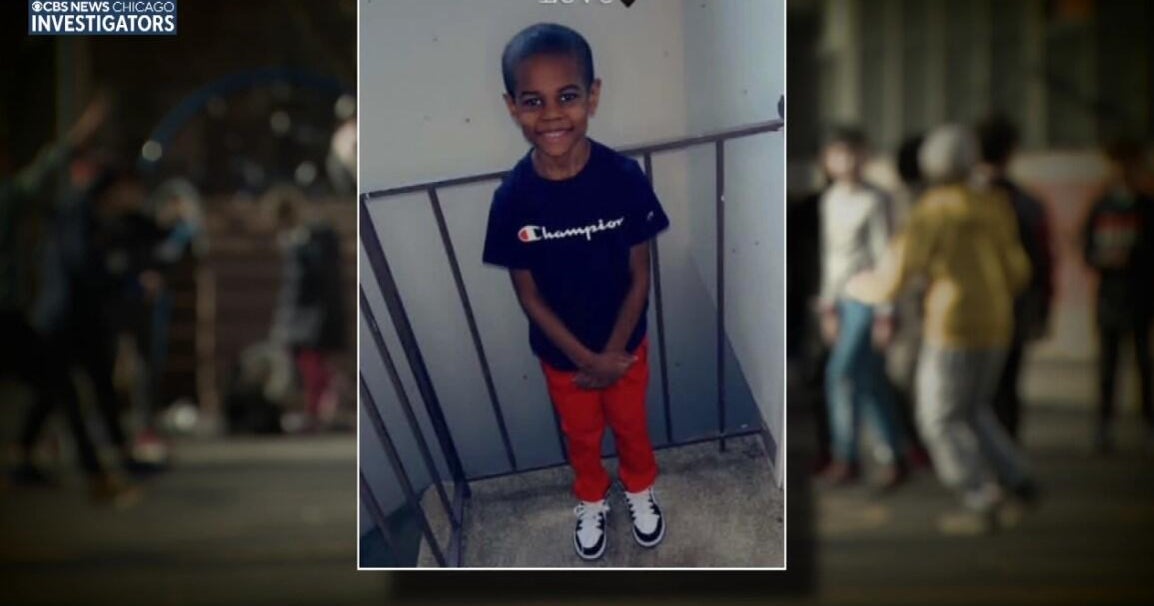Bill would give benefits to veterans discharged under 'Don't Ask, Don't Tell'
BOSTON - More than ten years after it was repealed, some veterans discharged under "Don't Ask, Don't Tell" are still not eligible for all of their benefits.
The policy that required LGBT members of the military to keep their sexual identity concealed was repealed in 2010.
Roughly 14,000 veterans were discharged under the policy and most of them received "less than honorable" discharges.
Allie Thorpe is the exception. The veteran served in the Navy between 2002-2006 and spent part of that time assigned to the USS Constitution.
"I was solid. I was trustworthy. I was a valuable asset, and they still didn't want to keep me because of this one piece of who I was." Thorpe said she joined the Navy just after 9/11. She felt called to serve.
Her time in the service sent her to Maryland and West Virginia, where she joked with a fellow sailor that she might "call out gay" instead of "calling out sick" because she was not feeling well. That joke backfired.
Thorpe's fellow service members took the comment and reported it to their commanding officer. It was the beginning of her separation process.
"It was very demoralizing and dehumanizing," said Thorpe. "I was treated really differently by the people on the base. As soon people on base found out that I was being discharged, a lot of people's behaviors changed."
There are four categories for a military discharge: Honorable, General, Other than Honorable, and Dishonorable.
To receive any federal and state benefits under DADT, a veteran would have to receive an Honorable Discharge - nothing less.
President Joe Biden's administration cleared up a policy in 2021 that all LGBT veterans discharged under DADT are eligible for federal benefits. But so far, little has been done to ensure those same veterans have access to state benefits.
"I started thinking to myself, what if these folks are eligible for their federal benefits but not their state? That would still be morally unconscionable to me," Massachusetts State Senator John Velis said. Himself a veteran, he has introduced a measure into this year's budget debate that would grant DADT veterans state benefits.
Velis said these benefits include, but are not limited to, food, housing and medical assistance.
"We have a segment of the population that was discharged from the military, when you think about it, for no other reason than for the person that they loved and were in a relationship with," said Velis. "Imagine how that's making them feel and all these ensuing years that have gone by post-discharge. I mean what's going on through their mind?"
Velis said this measure will likely pass in July and would be a first of its kind in the United States.
